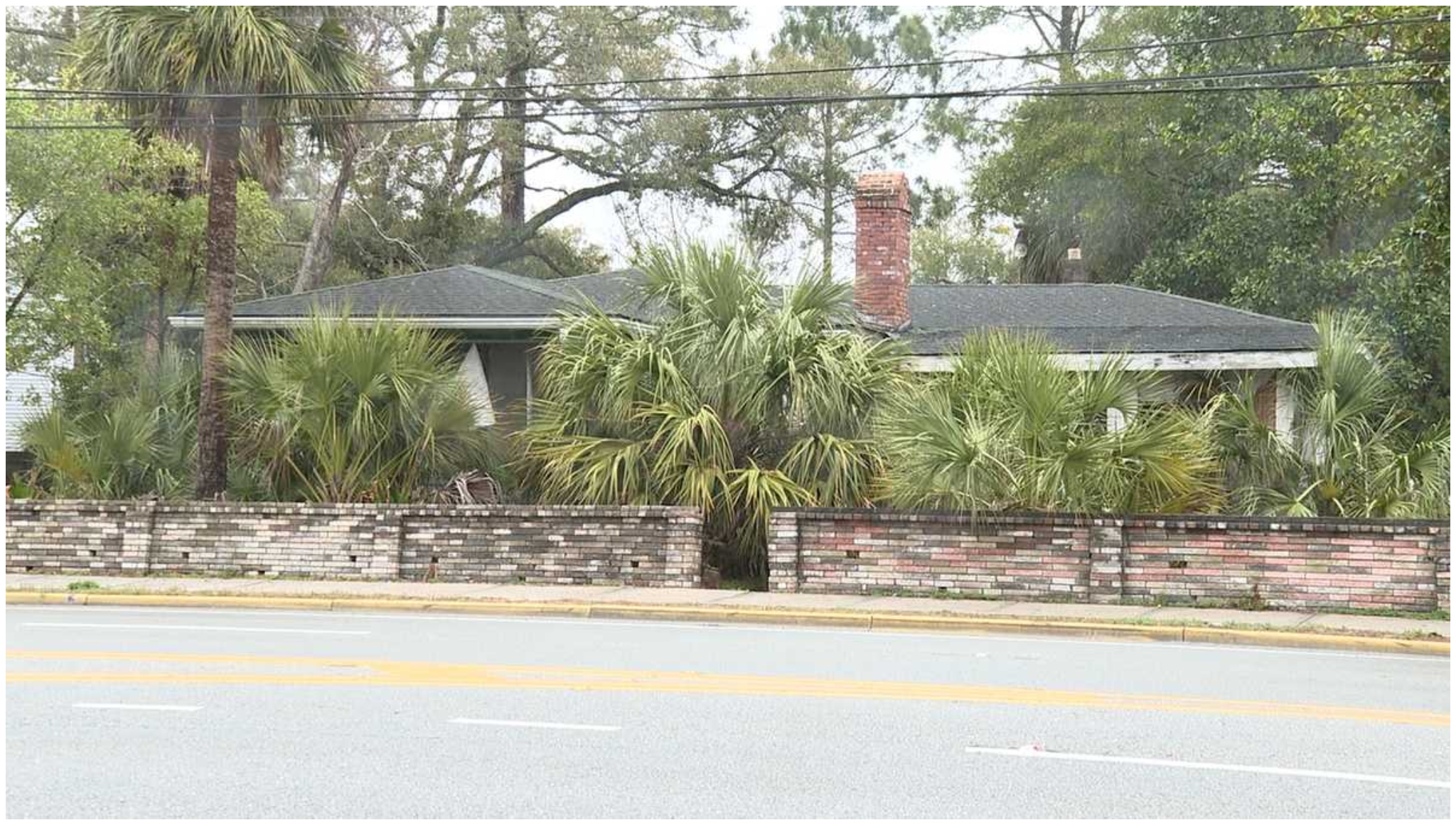A historic nearly 75-year-old home on Tybee Island, Georgia stands at the center of a heated preservation battle. Known as the Brown House, this landmark property was the first Black-owned home built on Main Street during the Jim Crow era. Demolition plans by the current owner have been temporarily halted due to an ongoing legal dispute over property ownership, giving preservationists hope that this important piece of civil rights history might yet be saved.
Historic Jim Crow Era Black-Owned Property Faces Uncertain Future
The Brown House, constructed by Walter Brown Sr. approximately 75 years ago, represents a significant civil rights landmark on Tybee Island. Built during a time of strict racial segregation, the home stands as a testament to breaking barriers in a deeply divided society. Brown’s achievement in establishing ownership on Main Street directly challenged the social restrictions of the era.
In February, current property owner Green Growth 2, LLC applied for a demolition permit, triggering immediate concern from local preservation groups and civil rights advocates. The company’s plans to remove this historic structure have been temporarily blocked by legal complications. City officials confirm they cannot proceed with any demolition approval while ownership remains contested in court.
Ownership Dispute Creates Legal Limbo for Civil Rights Landmark
Tybee Island city officials released a statement addressing the situation: “A demolition permit has not been issued to 803 1st Street. The property in question is subject to active litigation. As the litigation involves an action to determine if the title is clear, and until that action is resolved, the city cannot consider the title clear per the city attorney.”
The complex legal situation began when Green Growth acquired the home through tax sales in 2010 and 2013. Former owner Gail Brown challenged these transactions in court, arguing proper legal procedures weren’t followed during the sales. The case took an unexpected turn when Brown died in 2022 before proceedings concluded. Without anyone formally substituted to represent her estate, the court’s earlier ruling favoring Green Growth became invalid, effectively resetting the legal process.
Court Proceedings Stall After Denied Substitution Attempt
The legal status of the Brown House remains in limbo following recent court developments. An attempt by Rosalie White Barnwell Real Estate to substitute as a party in the case was denied by the court. This rejection has sent the case back to a lower court for further proceedings.
The current stalemate cannot be resolved until someone officially replaces Gail Brown in the legal proceedings. This procedural complication has effectively paused any immediate threat to the structure. While preservationists see this delay as an opportunity, the ultimate fate of the Brown House remains uncertain until the ownership question is definitively settled through proper legal channels.
Tybee MLK Organization Works to Preserve Historical Legacy
While the legal battle continues, local advocacy group Tybee MLK Human Rights Organization has taken active steps to ensure the home’s historical significance isn’t forgotten. The nonprofit is working to preserve the site’s legacy regardless of the legal outcome.
“We would really like everyone to know who comes to Tybee that Mr. Brown did exist and what his significance was here on this island,” explained Julia Pierce, founder of Tybee MLK. This commitment to honoring Walter Brown Sr.’s contribution to local civil rights history has led to constructive discussions with the current property owners. Pierce reports that Green Growth has agreed to allow a permanent historical marker on the property.
Historical Marker Planned as Community Recognizes Civil Rights Importance
The Tybee MLK Human Rights Organization has developed concrete plans to commemorate the Brown House. The group intends to install a historical marker honoring the site by 2026, ensuring its significance will be recognized by residents and visitors alike.
This marker would serve as a permanent reminder of Walter Brown Sr.’s determination to overcome racial barriers during a deeply segregated period of American history. Even if the original structure eventually faces demolition, this commemorative effort aims to preserve the important story of how one man’s actions challenged the racial status quo of coastal Georgia. The plaque would ensure future generations understand the historical significance of this location in Tybee Island’s complex social history.
The outcome of this ongoing preservation battle will likely determine whether a physical reminder of an important civil rights milestone remains standing or becomes just another historical footnote marked only by a plaque. For now, the legal complications have provided a temporary reprieve for the Brown House, giving advocates additional time to explore preservation options and educate the community about its historical significance.





